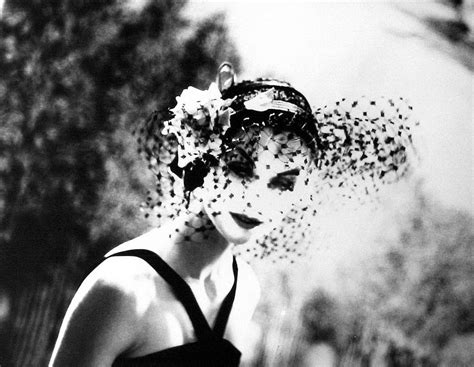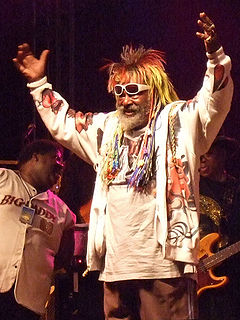A Quote by Merry Clayton
You get royalties from certain songs that you do when you do background. It's according to the work that you put in.
Related Quotes
Record industry's not so much against artists, but certain people are just wicked people that sit up in the industry who go against the artist. The thing is, if you're in the recording business, where's our health benefits? Where's the royalties from when you put stuff on labels in different countries? And now, with all these 500 cable channels, you want your mechanical royalties, your licensing. There's so much technology that you've got to stay on top. They always try to tell you, "Oh, don't worry about the business side, just do the music."
There's certain countries that you can't get in if you've got a criminal background record. There's certain jobs in the States that you can't get because you've got a criminal background record. That follows you the rest of your life... and that's something you have to deal with the rest of your life.
In socialist society certain inequalities in property still exist. But in socialist society there is no longer unemployment, no exploitation, no oppression of nationalities. In socialist society everyone is obliged to work, although he does not, in return for his labour receive according to his requirements, but according to the quantity and quality of the work he has performed.




































